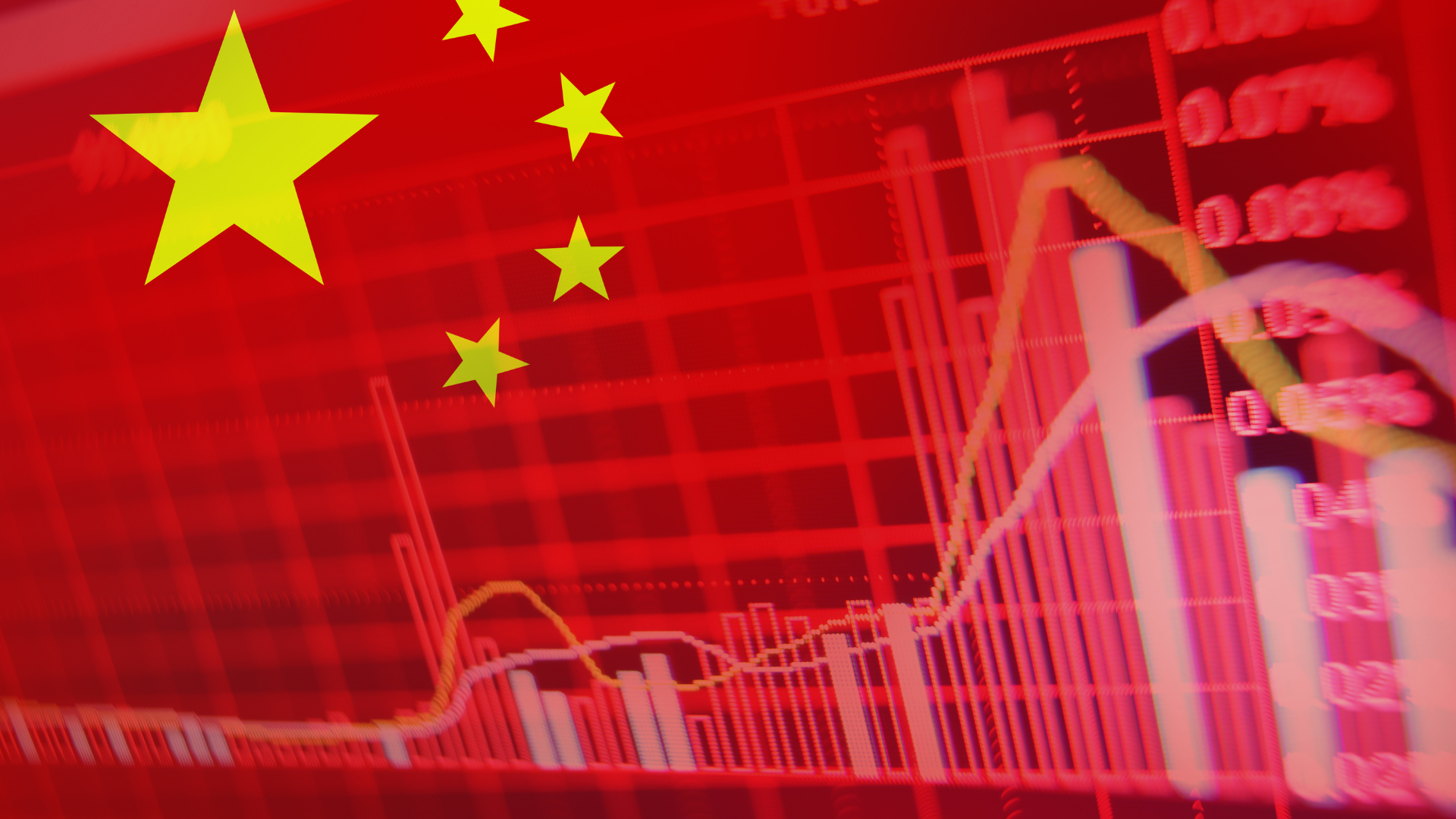Asian stock markets experienced a notable uptick on Monday, driven by China’s commitment to implement more proactive fiscal policies and a shift towards a “moderately loose” monetary stance. This policy adjustment, the first of its kind in 14 years, aims to counteract deflationary pressures and rejuvenate the property sector.
In response to these developments, Hong Kong’s Hang Seng Index surged by 2.8%, while mainland China’s CSI 300 Index climbed 3%, reflecting renewed investor confidence. The positive sentiment extended to U.S.-listed Chinese companies; for instance, Alibaba’s shares jumped 8%, and JD.com saw a 12% increase.
The Politburo’s announcement emphasized the need to stabilize both housing and stock markets, signaling a high-level acknowledgment of the importance of wealth effects in economic recovery. Analysts interpret this as a strategic move to mitigate potential impacts from anticipated U.S. trade policies under the incoming administration.
Despite the market’s positive reaction, some experts advise caution, noting that previous stimulus measures have had limited success in spurring sustained growth. They suggest that while the current policies are a step in the right direction, their effectiveness in revitalizing the economy remains to be seen.
















